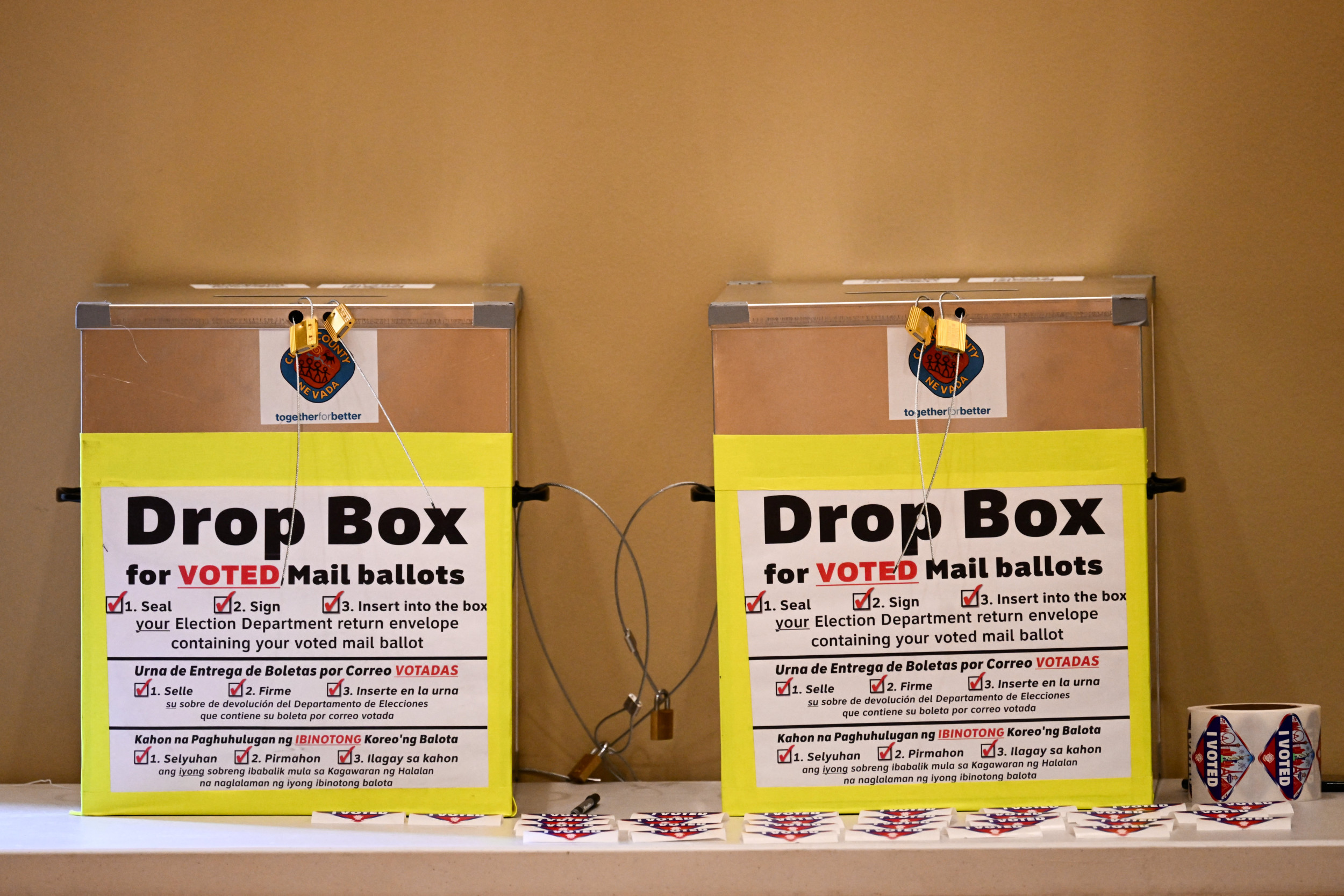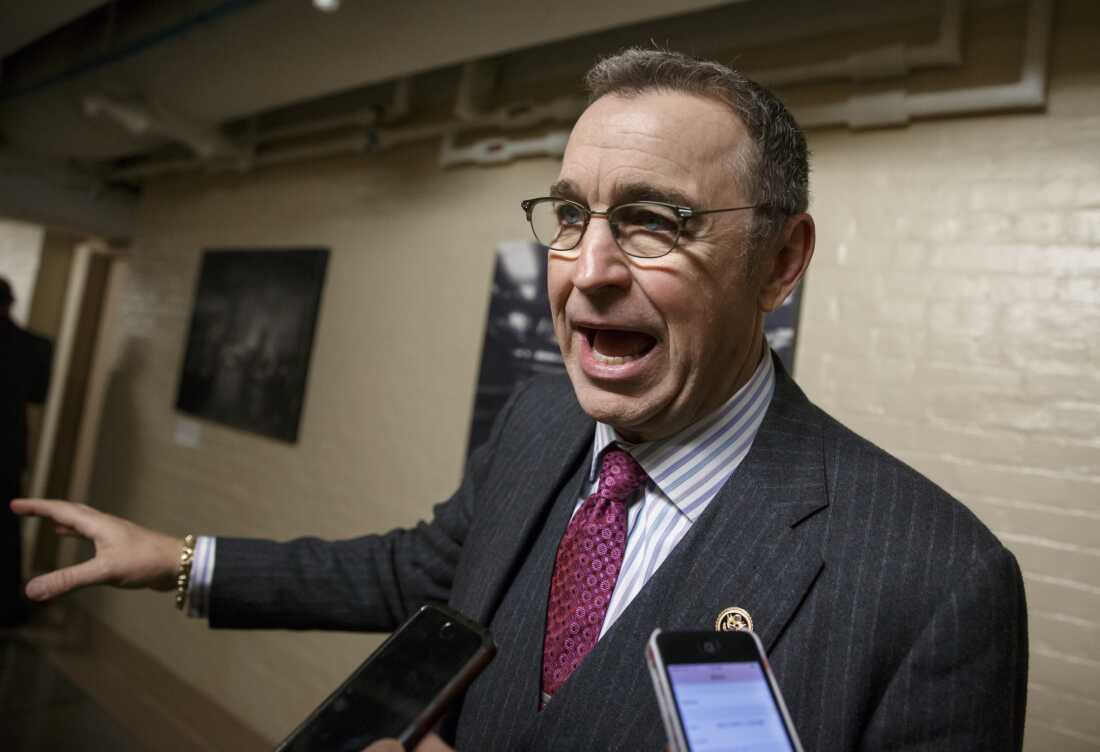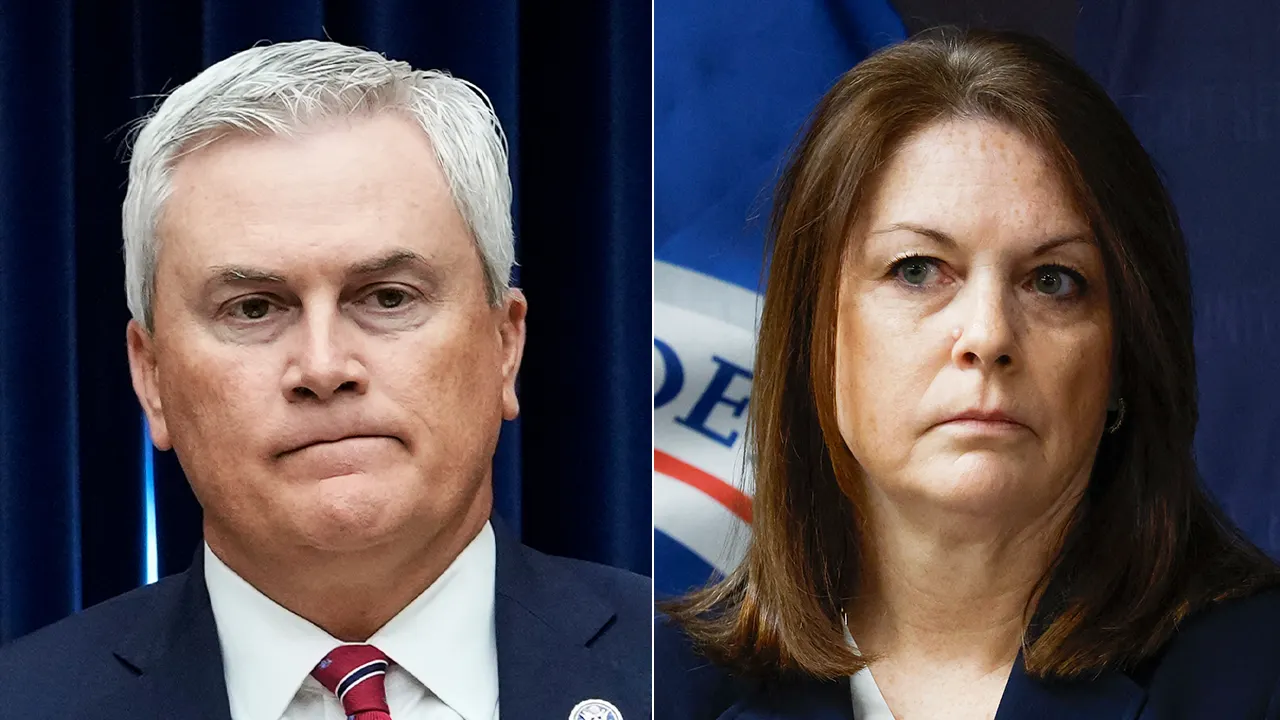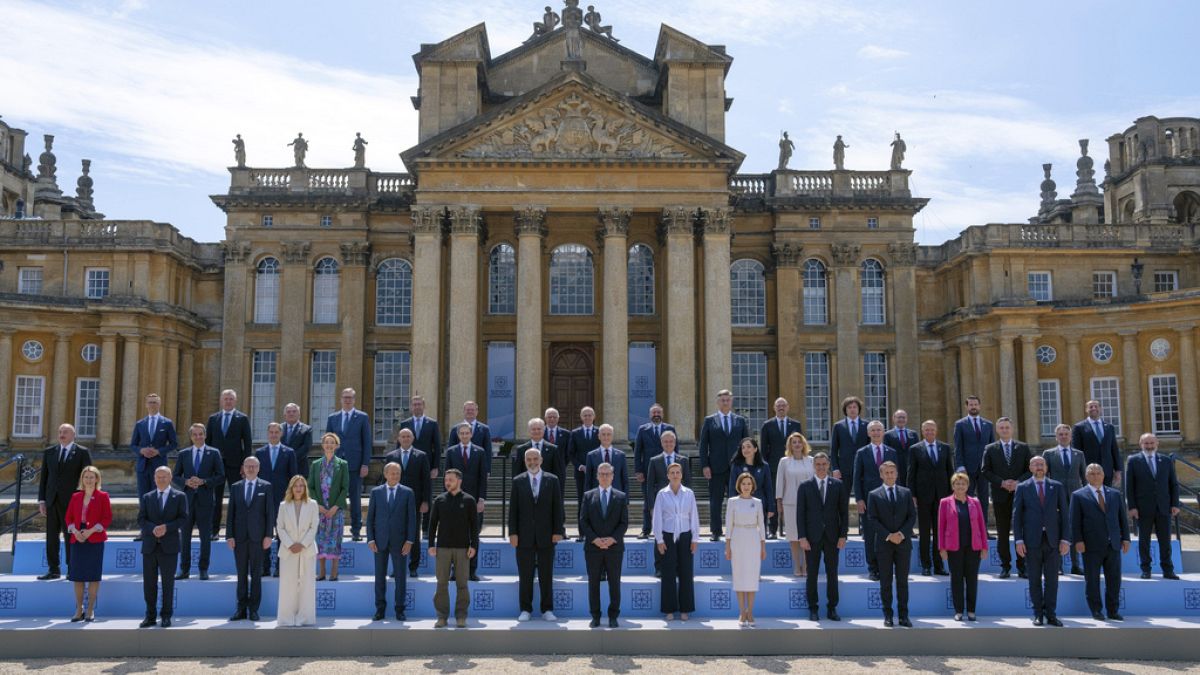Facebook owner Meta has explored a multibillion-euro investment in eyewear group EssilorLuxottica, as the social media platform intensifies its push to develop smart glasses.
The Silicon Valley company has considered taking a small stake in the €87bn Franco-Italian group, according to multiple people with knowledge of its thinking.
The move comes as Meta has been holding talks with EssilorLuxottica to deepen their existing collaboration following the successful launch of a revamped version of their “Ray-Ban Meta” smart glasses last year, some of the people said.
Meta’s chief Mark Zuckerberg has spent billions of dollars in recent years to enter the wearable technology market, such as by creating virtual reality headsets. Meanwhile, Paris-listed EssilorLuxottica has also pushed for deals that can attract a new generation of shoppers.
There is no guarantee that any investment will take place, said the people close to the talks. Meta has been working with Morgan Stanley on the matter, according to one of the people.
EssilorLuxottica’s share price jumped nearly 5 per cent on Thursday following the FT’s report.
Meta, EssilorLuxottica and Morgan Stanley declined to comment.
The first Ray-Ban Meta glasses were launched in 2021, but the newest generation launched in October last year sold more in a few months than the previous ones did in two years, EssilorLuxottica’s chief executive Francesco Milleri said at an event earlier this week.
The latest version of the glasses allows users to livestream what they see directly on to Facebook and Instagram. In the US, the glasses are integrated with Meta’s artificial intelligence assistant, giving owners the ability to ask the glasses for more information about what is in front of them.
This week, EssilorLuxottica agreed to buy US streetwear label Supreme for $1.5bn. People close to the deal said the eyewear group aimed to launch a new version of Supreme smart sunglasses in partnership with Meta, to better target young consumers.
Meta and rival Apple are vying to build unintrusive augmented reality glasses that could one day replace the smartphone as the next-generation computing device, but the technology is nascent and consumers have been reluctant to wear cumbersome devices on their face.
Zuckerberg said on an April earnings call that the company’s outlook for smart glasses had “improved quite a bit” and that it was one of the “bigger areas” that the company was investing into in its AR and virtual reality department, Reality Labs.
Previously, he had said glasses would need “full holographic displays to be a large market”, but that the success of the Meta Ray-Bans had proven otherwise.
“If we want everyone to be able to use wearable AI, I think eyewear is a bit different from phones or watches in that people are going to want very different designs,” he added. “So I think our approach of partnering with leading eyewear brands will help us serve more of the market.”
EssilorLuxottica, which was created seven years ago through a complex €50bn merger of late Italian billionaire Leonardo Del Vecchio’s eyewear group Luxottica and French lens manufacturer Essilor, has steadily grown larger to become the world’s largest eyewear manufacturer.
Over the past few years, acquisitions of technology and engineering companies have been at the core of its strategy. In 2022 the group acquired Israeli hearing technology start-up Nuance Hearing to develop glasses fitted with its acoustic beamforming technology.
This week, EssilorLuxottica also took an 80 per cent stake in Heidelberg Engineering, a German company specialising in eye surgery technologies, as part of its push into medtech.



































